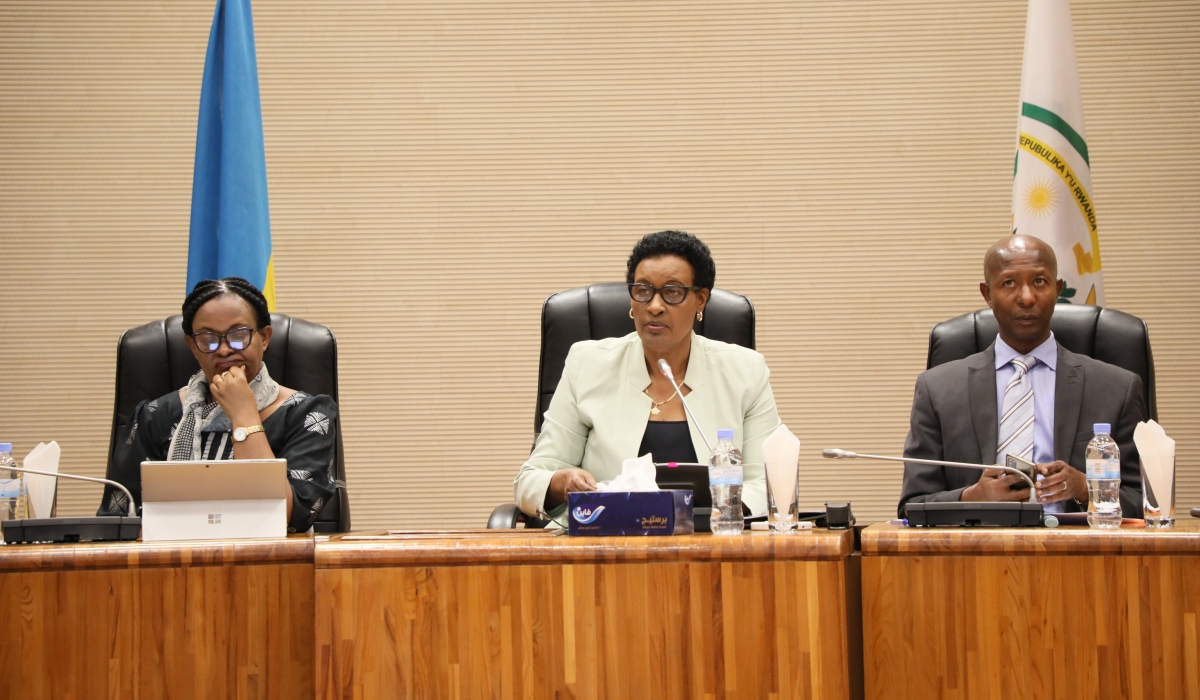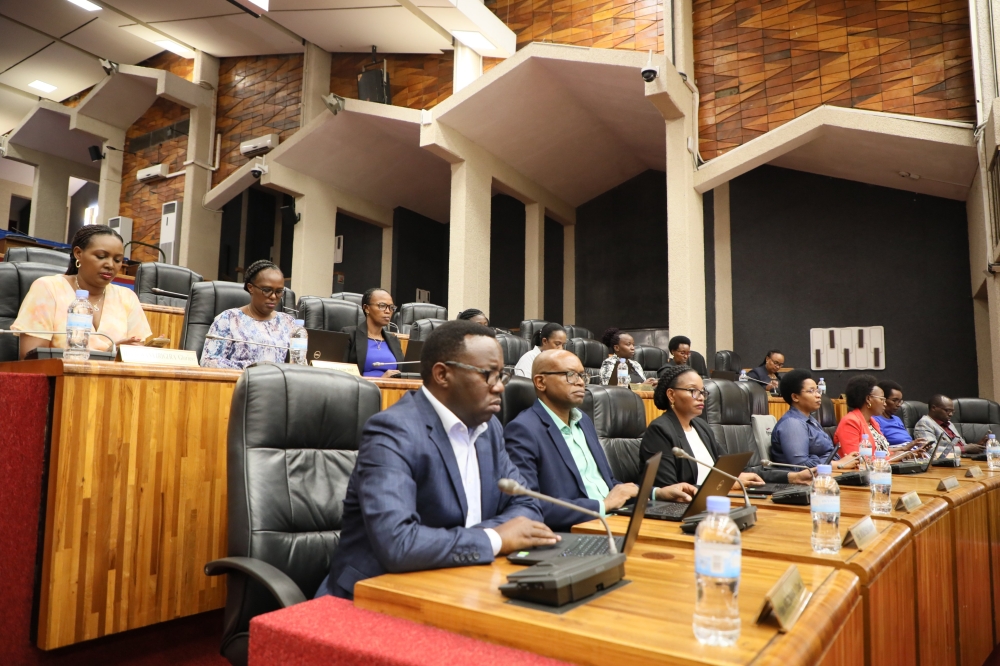A proposed amendment to the penal code has captured the attention of MPs, leading to a lively debate in the August House. The amendment suggests that life imprisonment can be reduced to a minimum of 10 years in cases involving mitigating circumstances. The aim is to grant judges greater flexibility in determining penalties.
Minister Soline Nyirahabimana, responsible for Constitutional and Legal Affairs at the Ministry of Justice, justified the draft law by explaining that the current legislation restricts judges from considering mitigating factors, thus impeding their ability to impose fair sentences. She also cited a 2019 Supreme Court ruling that deemed the inability to consider mitigating circumstances unconstitutional, as it violated the right to a fair trial. Consequently, the Court recommended a general amendment to the law on offenses and penalties to allow judges discretion in determining fair penalties.

The bill was presented to the Lower Chamber of Parliament on June 26 and will undergo scrutiny by a parliamentary committee before a final vote.
During the debate, MPs expressed concerns about the potential for corruption if judges were allowed to impose lenient punishments. They emphasized the need to address possible loopholes that could enable bribery in sentencing.
Some MPs expressed reservations about reducing life imprisonment to a mere 10 years, citing the seriousness of certain crimes and the need to uphold strong penalties. They suggested considering a reduction to around 20 years instead.
Others argued that the current legislation effectively tackles corruption cases by maintaining a significant difference between higher and lighter punishments.
Minister Nyirahabimana emphasized that the proposed amendment aims to provide flexibility to the judiciary while ensuring accountability. She highlighted that judges must provide a written explanation when imposing a sentence based on mitigating circumstances. Additionally, the party that loses the case has the option to appeal, which will be considered by the superior court and the high council of the judiciary.
Nyirahabimana noted that tougher penalties alone are not a solution for reducing crimes. Instead, the focus should be on correctional services and rehabilitation programs that contribute to the transformation and reintegration of convicts into society.
The intention behind the amendment is to strike a balance between judicial discretion and the need for fair and just penalties while addressing the growing number of crimes in the country.




